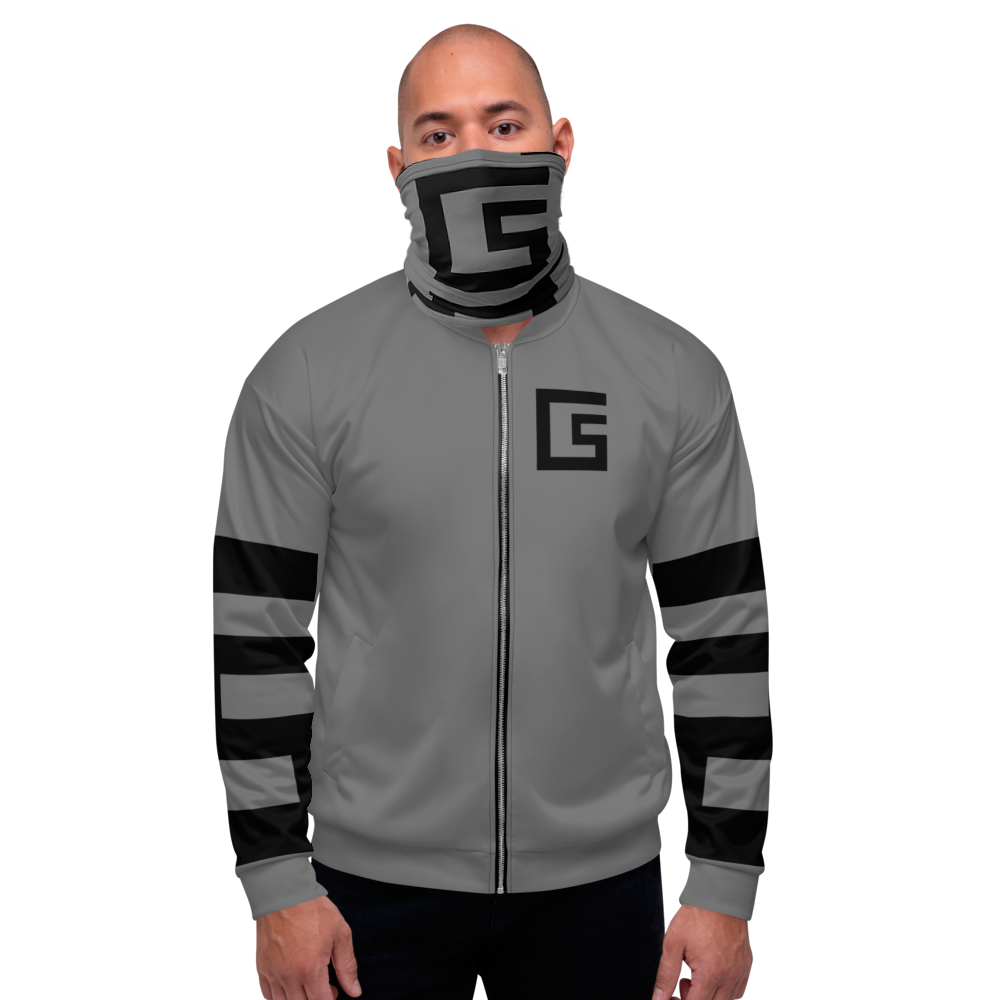Streetwear Fashion Trends
- Loxyco

- Feb 15, 2023
- 3 min read
Updated: Sep 13, 2023

Streetwear fashion trends are constantly evolving, but some current popular trends include oversized clothing, graphic t-shirts and hoodies, distressed denim, and chunky sneakers. Accessories such as bucket hats, crossbody bags, and statement jewelry are also popular among streetwear enthusiasts. Collaboration between fashion brands and streetwear labels, such as Supreme and Nike, continues to be a major trend in the industry.
Independent brands rise in popularity
Independent brands have been rising in popularity in recent years due to several factors, including the growth of e-commerce, social media, and changing consumer preferences. Independent brands often offer unique, high-quality products that are not mass-produced, which appeals to consumers who are looking for more personalized and authentic experiences. Additionally, many independent brands prioritize ethical and sustainable practices, which aligns with the values of many modern consumers. The ability to build and engage with a community through social media has also helped independent brands gain visibility and attract loyal customers.
Independent brands bring a unique style
Yes, independent brands often bring a unique style to the fashion industry. These brands are often started by designers or creatives who are passionate about their craft and are not bound by the constraints of corporate fashion. As a result, independent brands are often able to experiment with unconventional designs, materials, and production methods, which can result in truly one-of-a-kind products. Independent brands also often draw inspiration from their local communities, cultures, and subcultures, which can result in designs that are more diverse and representative of a wider range of perspectives. This emphasis on uniqueness and individuality is often what sets independent brands apart from larger, more established fashion brands.
Streetwear limited editions for collectors
Streetwear limited editions for collectors are a popular trend in the fashion industry, especially in the streetwear market. Many streetwear brands release limited edition products in collaboration with other brands, artists, or celebrities, which can make them highly coveted and sought after by collectors. These limited editions can come in various forms such as sneakers, graphic t-shirts, hoodies, jackets, and accessories like bags and hats. They often feature unique designs, materials, or details that set them apart from the brand's regular offerings, and are often produced in limited quantities, making them rare and valuable. Streetwear limited editions for collectors can be a lucrative market for resellers and collectors, and the resale value of some pieces can reach thousands or even tens of thousands of dollars. However, for many fans of streetwear culture, collecting limited edition pieces is more about owning a unique and special piece of fashion history that represents their personal style and interests.
How to resale the clothing limited editions
Reselling limited-edition clothing can be a lucrative business, but it requires a bit of strategy and research to be successful. Here are some tips for reselling limited-edition clothing:
Research the market: Before investing in limited edition pieces, research the market to see what items are in high demand and what prices they are selling for.
Buy smart: When purchasing limited edition pieces, try to get them at retail price or below. This may involve lining up outside a store or setting up an alert to be notified when the product is released.
Build a network: Build relationships with other collectors, resellers, and enthusiasts in the streetwear community. This can help you to stay informed about upcoming releases and to build a customer base for your resale business.
Market your products: Use social media, online marketplaces, and other channels to market your limited edition pieces to potential buyers.
Price strategically: Set your prices based on market demand, rarity, and condition of the item. Be prepared to negotiate with buyers, but don't undervalue your products.
Be transparent: Provide detailed information about the item's condition, authenticity, and any flaws to potential buyers. This can help to build trust and credibility with your customers.
Remember that reselling limited edition clothing is not a guaranteed way to make money, and there is always some risk involved. However, if done carefully and strategically, it can be a profitable and rewarding business.




Comments